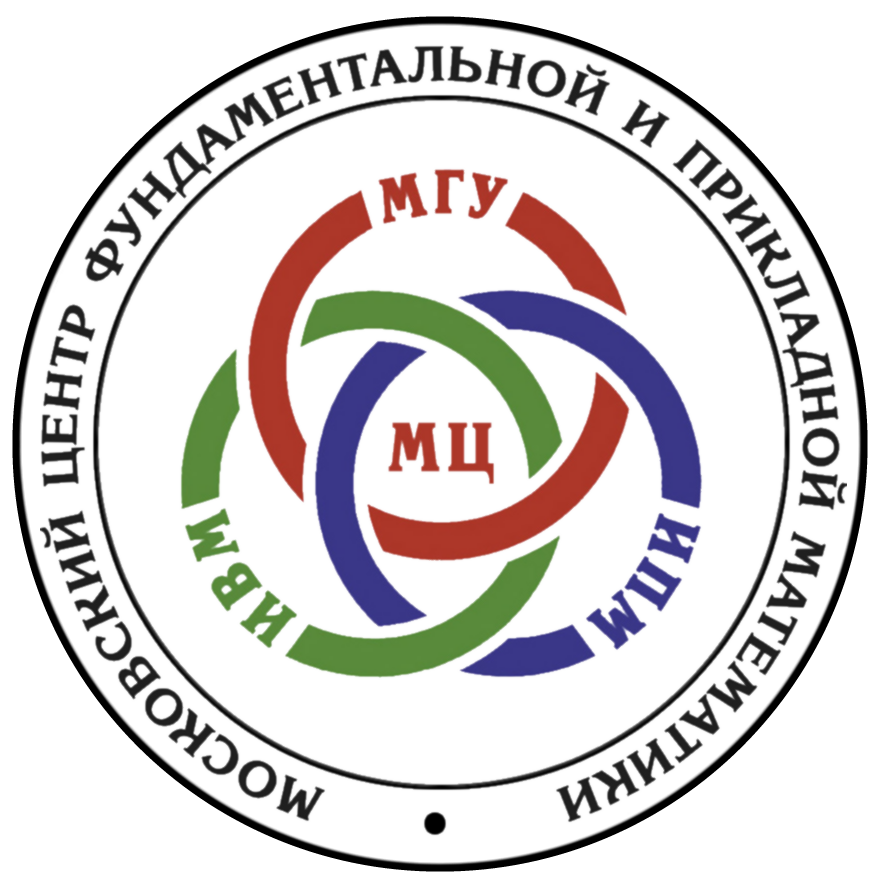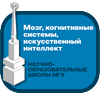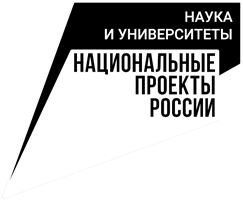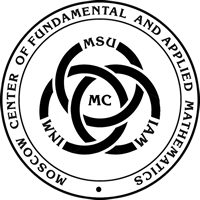56th meeting of the seminar
«Supercomputer simulation of the Earth system»
The seminar is devoted to various aspects of the application of supercomputer modeling methods for solving weather and climate forecasting problems.
Seminar co-organized organizations
 |
Lomonosov Moscow State University (MSU) |
 |
Federal Service for Hydrometeorology and Environmental Monitoring of Russia |
 |
Russian Academy of Sciences |
Supported by
 |
Moscow Center of Fundamental and Applied Mathematics |
 |
Interdisciplinary Scientific and Educational School of Moscow State University «Brain, Cognitive Systems, Artificial Intelligence» |
Seminar Leader:
 |
V.A. Sadovnichy academician, rector of Lomonosov Moscow State University |
Co-leaders of the seminar:
 |
R.M. Wilfand Doctor of Technical Sciences, Scientific Director of the Hydrometeorological Center of Russia |
 |
S.A. Dobrolubov Corr. RAS, Dean of the Faculty of Geography, Lomonosov Moscow State University |
 |
N.G. Yakovlev Doctor of Physics and Mathematics, Leading Researcher, Institute of Numerical Mathematics, RAS |
 |
V.M. Stepanenko Doctor of Physics and Mathematics, Deputy Director of RCC MSU |
Scientific Secretary of the seminar:
| V.I. Suyazova Ph.D., RCC MSU |
Seminar topics cover the following main areas (but not limited to them):
- Methods and technologies for using supercomputer computing in interdisciplinary problems of environmental sciences.
- Mathematical modeling of processes in the climate system.
- Application of supercomputer technologies to solve problems of weather forecasting.
- Application of supercomputer technologies to solve problems of assessing climate change and their consequences for the environment.
- Application of supercomputer technologies for the complex solution of problems of environmental protection, including natural hazards and man-made disasters.
PROGRAM
17:30 (GMT+3)
| V.V. Shashkin INM RAS, Hydrometcenter of Russia, MIPT |
|
| G.S Goyman INM RAS, Hydrometcenter of Russia, MIPT |
|
| I.D. Tretyak MIPT, INM RAS, Hydrometcenter of Russia |
|
| D.A. Markhanov INM RAS, Hydrometcenter of Russia |
|
| J.B. Khaidapov MIPT, INM RAS |
Dynamic Atmospheric Model Kernel for Numerical Weather Forecasting and High Spatial Resolution Climate Modeling
An important part of any mathematical model of the atmosphere is a dynamic kernel - an algorithm for numerical solution of the hydrothermodynamic equations on spatial scales resolved on a grid. Dynamic kernels used in high-resolution global models must meet a number of requirements due to the practical feasibility of calculations. The most significant requirements are: formulation on a quasi-uniform spherical mesh, use of non-hydrostatic equations of dynamics, and high parallel efficiency, including on GPUs.
Dynamical kernels meeting most of these requirements have been developed relatively recently (e.g., Germany, USA, and Canada) or are currently under development (UK). In Russia, a similar development is underway at the INM RAS together with the Russian Hydrometeorological Center. The peculiarity of the new dynamical kernel is the possibility to flexibly combine numerical methods for solving separate subproblems, which allows building an algorithm optimized for solving a specific problem of atmospheric dynamics modeling. Currently, nonhydrostatic and hydrostatic variants of the dynamic kernel are implemented on a cubic sphere grid with the possibility of local resolution enhancement; the spatial approximation used preserves the full energy.
The paper will review the mathematical formulation of the dynamical kernel, as well as the current state of development, verification results on idealized numerical experiments. It is planned to discuss the problems that still need to be solved.
Link to the conference:
https://us02web.zoom.us/j/89980889445?pwd=aVZaKyd1hev5VQQIDbofnkdAcKko78.1
Meeting ID: 899 8088 9445
Passcode: 532251
To simplify our work during the seminar, please do the following: check in advance that Zoom works for you (in the Zoom application settings you can check the quality of the speakers and microphone) and enter your last name, first name in your profile settings and middle name in full (this can be done on your profile page (https://us02web.zoom.us/profile) - in this case, conference colleagues will see how to contact you.

